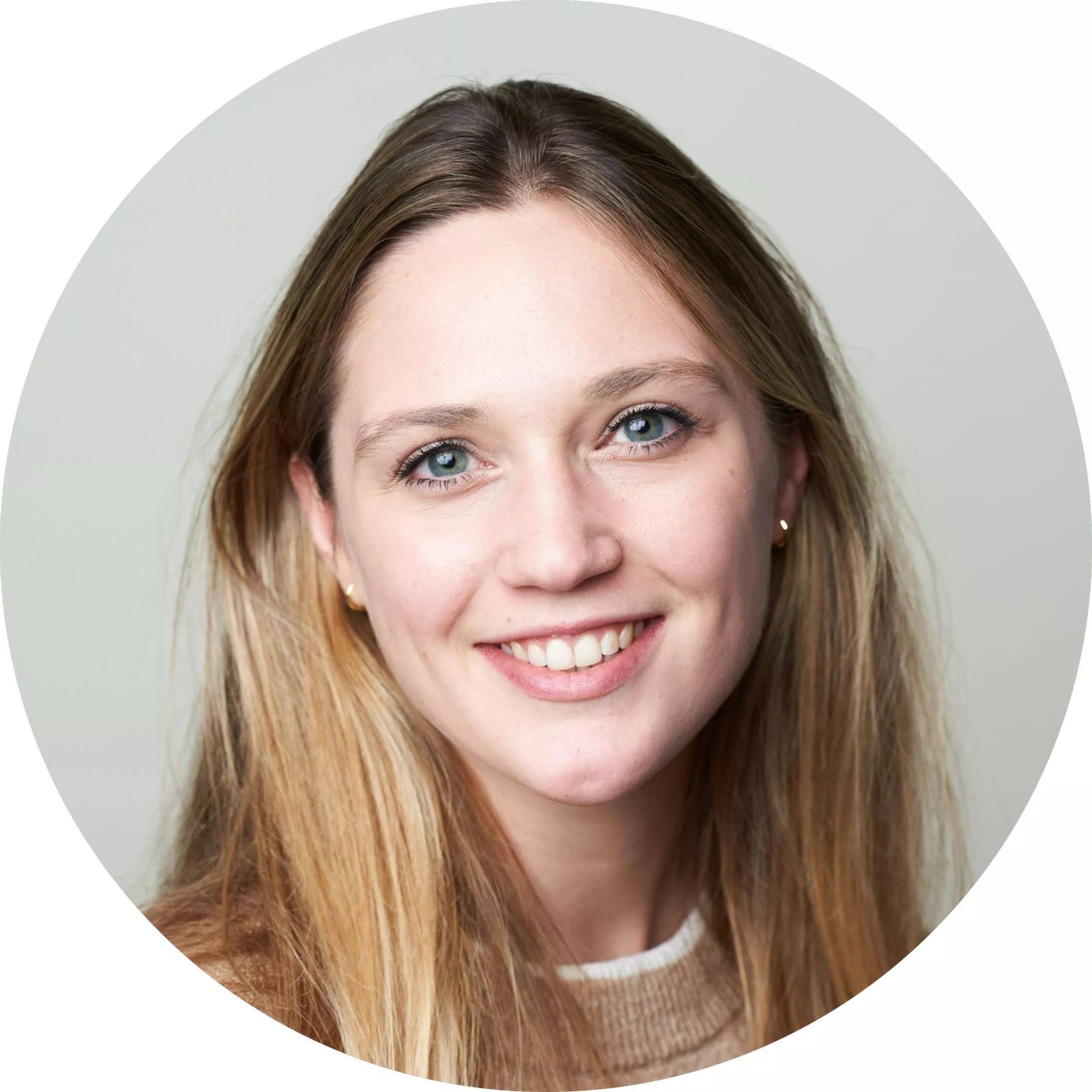Should assets be split 50/50 in a divorce? with Joshua Rozenberg - The Divorce Podcast
In this episode Kate is joined by Joshua Rozenberg and David Hodson to discuss whether 50/50 is a fair way to divide money and property during a divorce or separation.
Joshua Rozenberg is the UK’s most experienced legal commentator. David Hodson is an English solicitor, mediator, arbitrator, and part-time (deputy) family court judge specialising in complex financial family law cases.
Should assets be split 50/50 in a divorce? with Joshua Rozenberg
You can listen to the full episode below, or on your favourite listening platform such as Spotify, Apple Podcasts or Google Podcasts.
Explore different episodes here.
About Joshua
Joshua Rozenberg KC (hon) is Britain's most experienced full-time legal commentator. He is the only journalist to have been appointed as Queen's Counsel honoris causa. He is an honorary Master of the Bench (bencher) of Gray's Inn and a non-executive board member of the Law Commission. His most recent book is 'Enemies of the People?' How Judges Shape Society. After taking a law degree at Oxford, he trained as a solicitor, qualifying in 1976. Since 2008, he has written for the Law Society Gazette, the Guardian and The Critic magazine. Joshua was the BBC's legal correspondent for 15 years before moving in 2000 to The Daily Telegraph. After resigning as legal editor in the summer of 2007 he continued to write a weekly column until the end of 2008. Joshua returned to the BBC in 2010 to present the Radio 4 series Law in Action. In 2012, he was included by The Times in its independently-judged list of the UK's 100 most influential lawyers, the only journalist to feature. Joshua is known for his independence, authority, and ability to explain complicated legal issues with simplicity, clarity, and wit. He appears regularly on Sky News, on the BBC's various news outlets and on other news networks in the UK and abroad.
About David
Prof. David Hodson OBE KC(Hons) MCIArb is a co-founder partner of The International Family Law Group, which works with international families and their children. He is an English solicitor, mediator, arbitrator, Australian (NSW) solicitor and a deputy (part-time) family court judge at the Central Family Court (DDJ in the FRC at the CFC) in London and Western Circuit. He is a member of the English Law Society Family Law Committee, a Fellow of the International Academy of Family Lawyers, a member of LawAsia, the Family Law Section of the Law Council of Australia and a similar contributor to many family law organisations worldwide. He is a regular speaker at international family law conferences around the world. He was awarded the OBE for services to international family law. He was appointed the (now) KC (Hons) in March 2022 by virtue of making a significant impact on the law of England and Wales. He is the editor and primary author of the LexisNexis textbook ‘The International Family Law Practice’ (6th ed). He is a Visiting Professor at the University of Law and an Honorary Professor of Law at Leicester University.
About this episode:
In April 2023, the Law Commission of England and Wales launched a review of the laws determining how finances are divided between couples when they divorce or end a civil partnership. This is the backdrop of the episode; Kate, Joshua and David explore ‘fairness’ and whether 50/50 is consistently fair in the Law Commission's Review of rules around how money and property should be divided.
Kate, Joshua and David look at the current law and the potential reforms being considered. They discuss the 'sharing principle', whether 50/50 should be the default for how finances are divided between couples and how the court deals with 'needs' cases.
Read More

We often get asked by our customers, whether or not you need to disclose your finances to your spouse if you’re divorcing. This will depend on your individual…

Kate is joined by Christina McGhee, an internationally recognised divorce parenting expert, speaker, and author, in The Divorce Podcast to talk…
%20(2).webp)
In England and Wales, a prenuptial agreement, also known as a ‘prenup’, is a legal agreement made by a couple before they get married or enter into a civil…

Start your amicable divorce journey
Speak to an amicable Divorce Specialist to understand your options and next steps for untying the knot, amicably.
Your guide to a kinder divorce
What if divorce didn’t have to be a battle?
In amicable divorce, Kate Daly offers compassionate, practical guidance to help you separate in a kinder, better way. Whether you’re just beginning, working through the practicalities or adjusting to co-parenting, this book meets you exactly where you are - and helps you move forward with confidence.
Pre-order on Amazon today
.webp)





Comments (0)